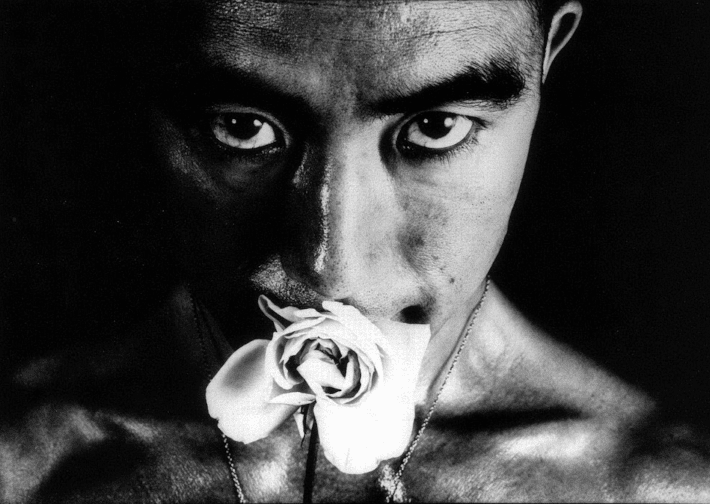Beautiful star - Yukio Mishima
This is a 1962 work by Yukio Mishima, Japan’s greatest author of the last century, and falls within his most mature period. The plot initially tells the story of an unusual Japanese family, the Ōsugi, who discover they have alien origins. Witnessing various UFO sightings, the family members agree not to reveal their extraterrestrial nature, avoiding unwanted attention. Each family member comes from a different planet, and each begins to internalize their alien identity, associating various aspects of their character with their home planet. The daughter, Akiko, comes from Venus and is therefore exceptionally beautiful, while her brother, Kazuo, comes from Mercury, making him a young man full of hope in the eyes of others. Each family member feels special, different from the “terrestrial” humans living around them. This uniqueness, however, eventually makes the father feel responsible towards the planet that hosts them. Their mission becomes one of bringing peace to Earth through concrete actions, such as writing letters to the Soviet Prime Minister asking him to abandon nuclear weapons, or intervening at the Association of Friends of the Universe to report UFO sightings and information on extraterrestrial activities. From here on, the characters reveal rather human traits. For example, they will witness new UFO sightings and signals from space, Akiko will become pregnant with a playboy’s child, and a group of frustrated adults, led by an unbalanced university professor, will discover the family’s secret and show up at their doorstep.
In the final chapters, a discussion emerges regarding one of the novel’s themes: what must be done to save a planet dominated by individualistic humans who only think about material pleasures. On one hand, there are three frustrated men who see salvation in the total destruction of humanity through nuclear weapons. They have no real plan, but superficially discuss why humanity is full of flaws and therefore should not be saved. These men are motivated by resentment born from deep-seated disillusionments in their lives, whether towards women who have always rejected and snubbed them, or towards anyone who is not their beloved family, whom they love and constantly remind their companions they intend to save from the massacre. On the other hand, there is the father, Jūichirō Ōsugi, who agrees with the three men that humanity is not headed in the right direction, especially due to the risk of nuclear conflict that could destroy the planet. However, unlike the group, the father wants to save the planet and feels that his goal, as an extraterrestrial being, is to help humans avoid making mistakes.The book’s conclusion focuses on the father’s reflection on his unfulfilled life and the vain sacrifice he made to communicate the dangers that humanity faced if it continued to be reckless.
Throughout the plot, between UFOs and philosophical discussions on how humans and aliens perceive time differently, Mishima inserts historical references that dominated the political scene of those years, such as Kennedy’s America and Khrushchev’s Soviet Union. The three men in the story consider themselves aliens, superior beings capable of knowing and deciding the fate of humanity, and would not hesitate to listen to their irrational side if they were in front of the button that could launch a nuclear attack. Who gives permission to certain individuals to press that button? When our leaders wage wars and launch bombs on civilians, do they feel like superior beings, extraterrestrials, or simply egoistic and power-hungry humans? Fortunately, the unbalanced individuals in the book do not have the power to destroy humanity, because they would not hesitate to do so for frivolous reasons. The question that arises from the long discussion between the men and the father is: if we had that button in front of us, how would we behave?

The story stems from the fear of nuclear conflict that dominated the Cold War era, where a reckless behavior by a single country could have ruined the beauty of our planet forever.
Mishima also includes the theme of the meaning of death, which is so important in his works that it drove him to seek a glorious end for himself. In this book, death is a symbol that puts all humans on the same level. Even those who consider themselves aliens cannot escape a terrestrial event that can strip away the veil and reveal the fragile human side of the characters. The father of the family, terrestrial like the others, would perhaps be willing to die to save the planet from destruction and reveal to humans how to make the Earth a wonderful star. This gives rise to a reflection on life rather than death. What is its meaning? What do we live for? Where can we find meaning within it without relying on religious justifications? An important reflection that catches civilization in a dark period where leaders seem to have forgotten the true value of human life.